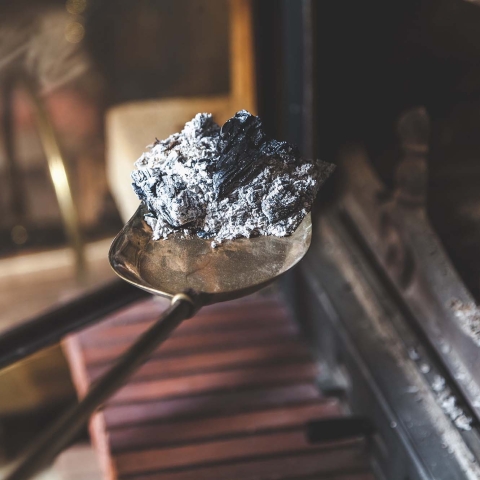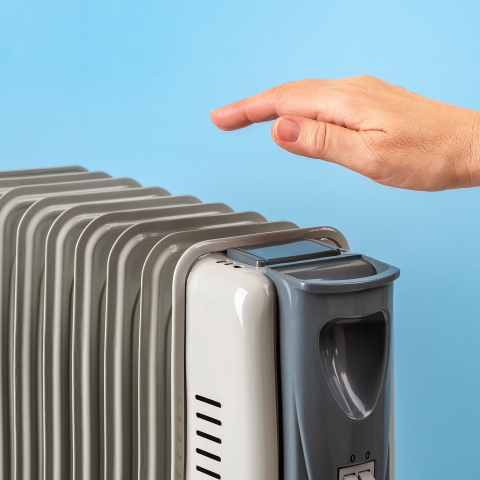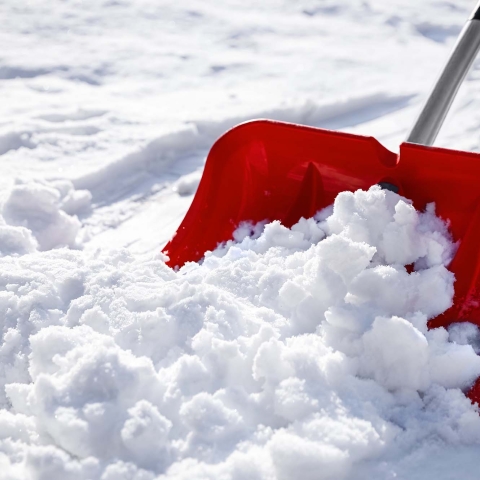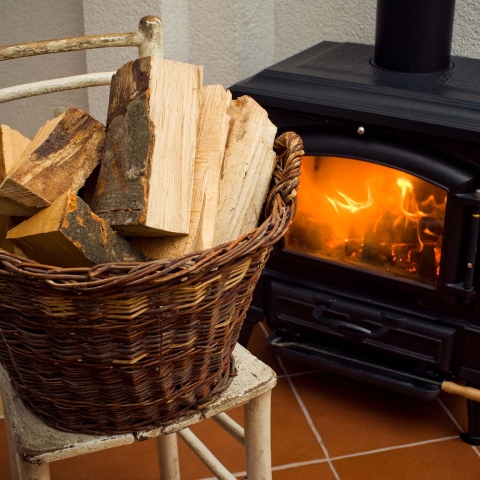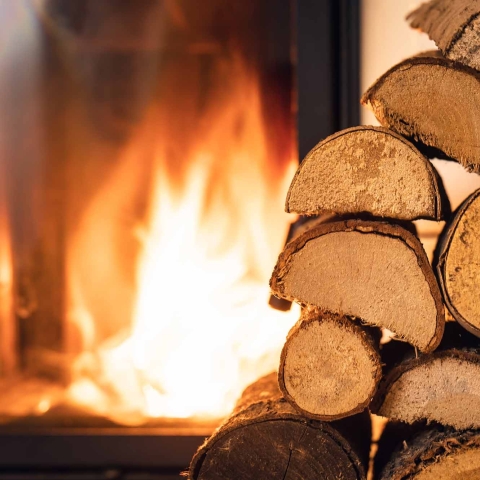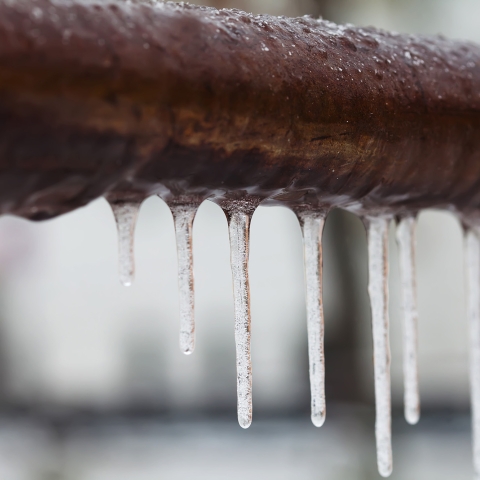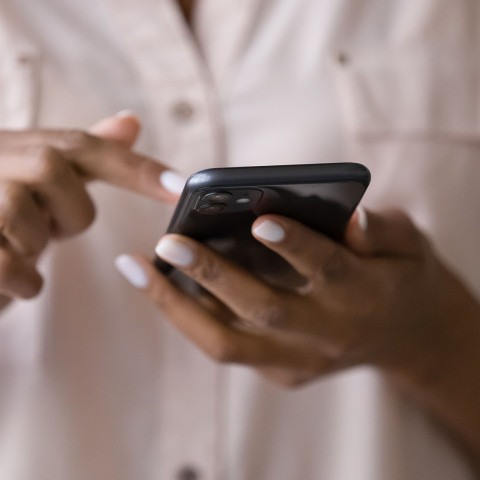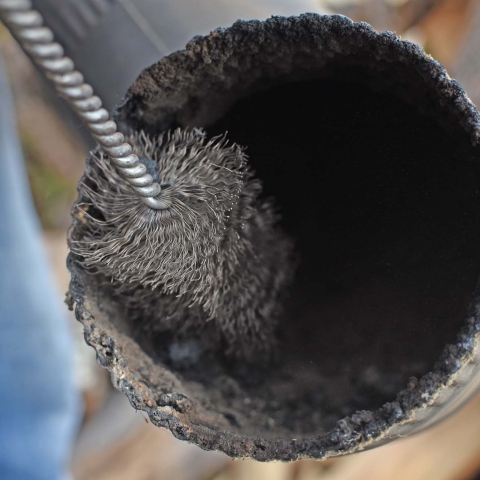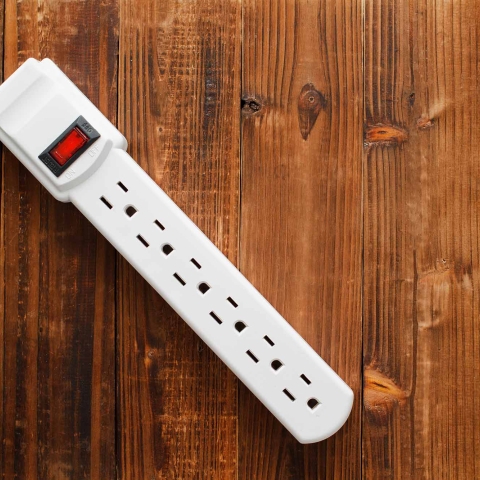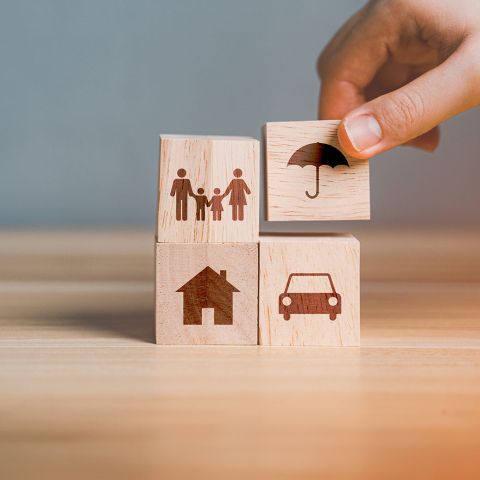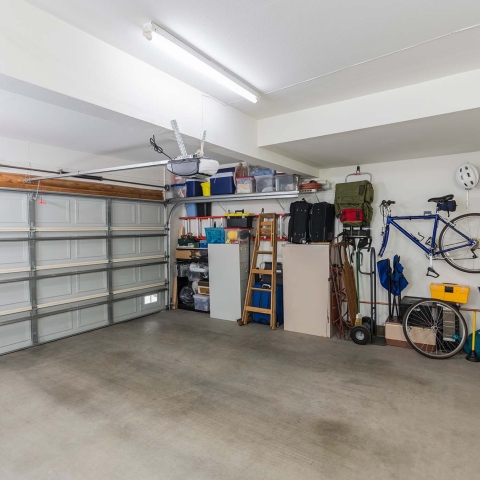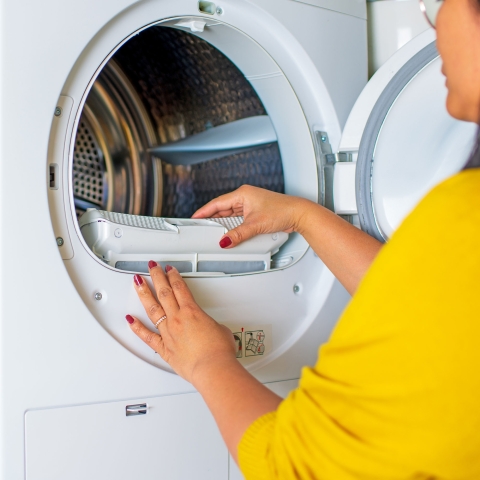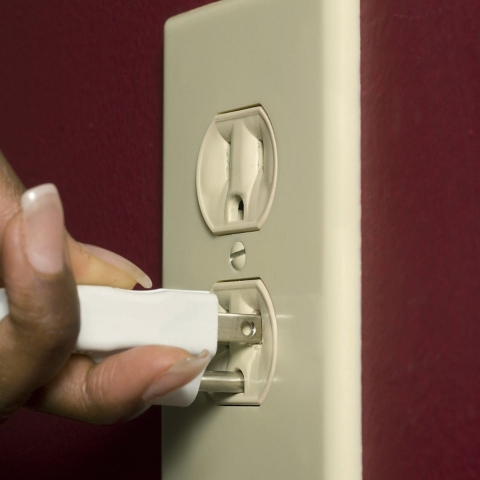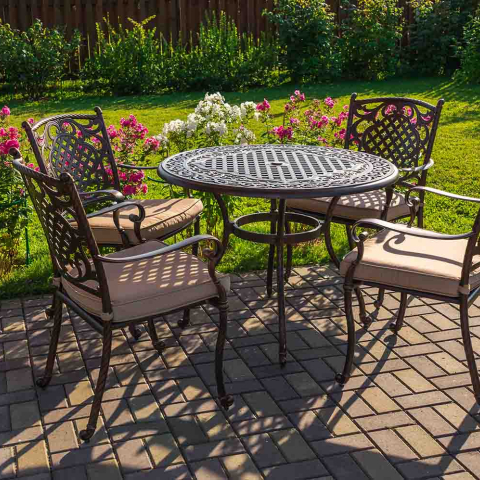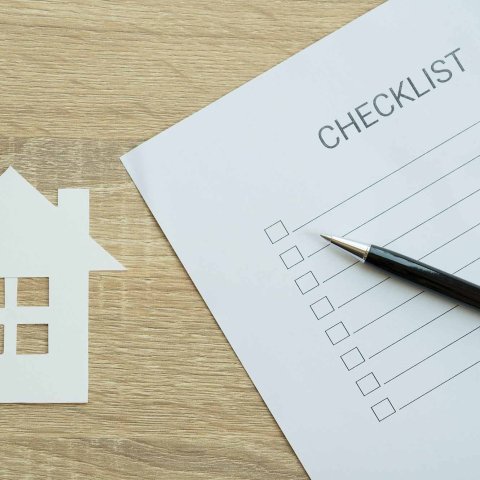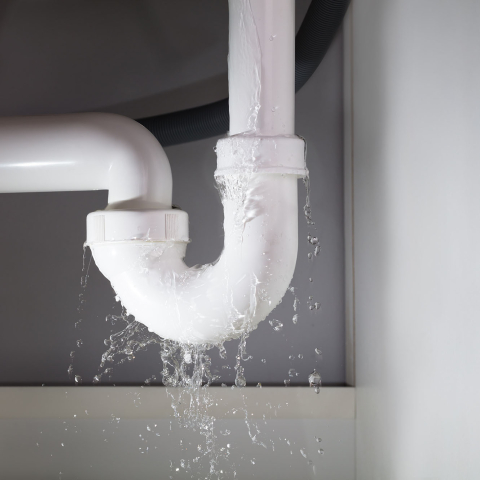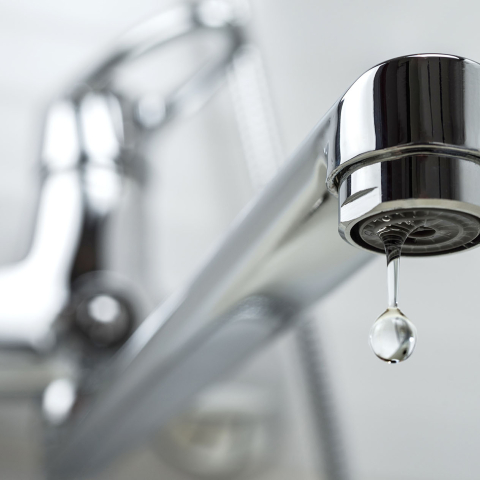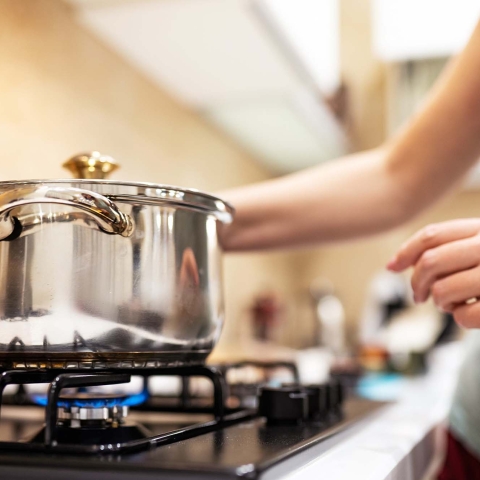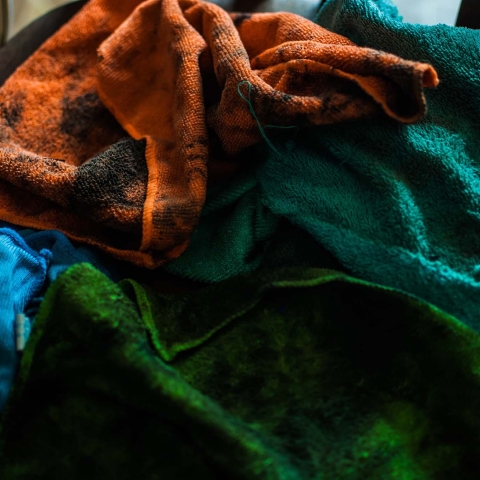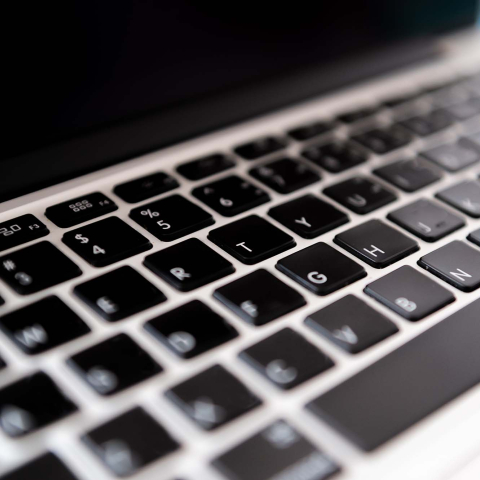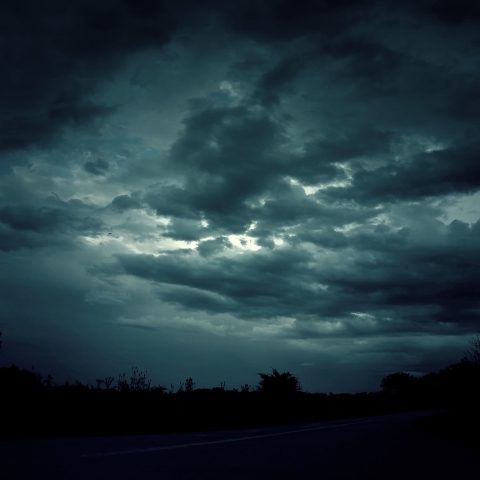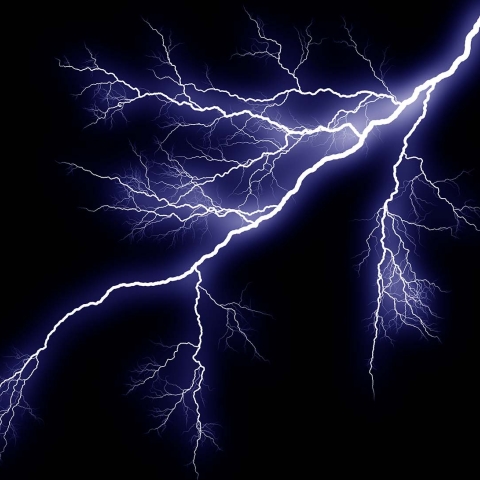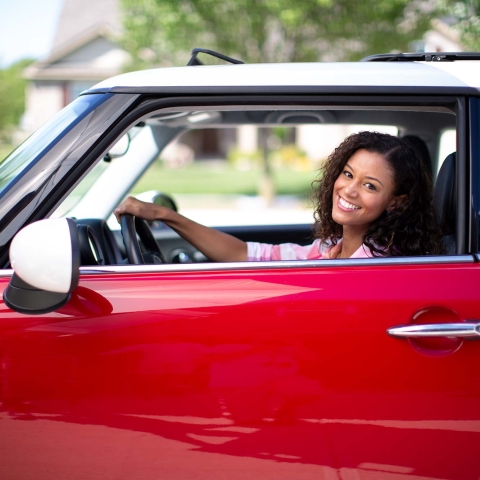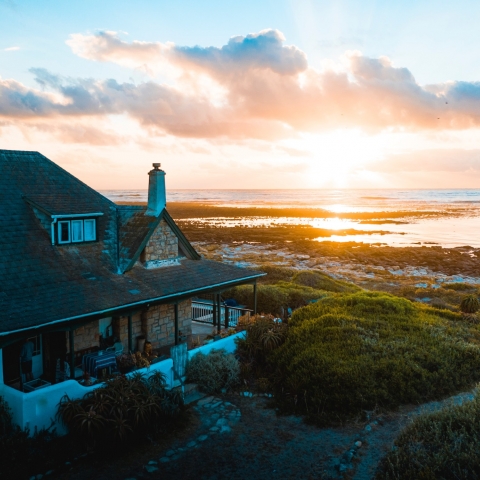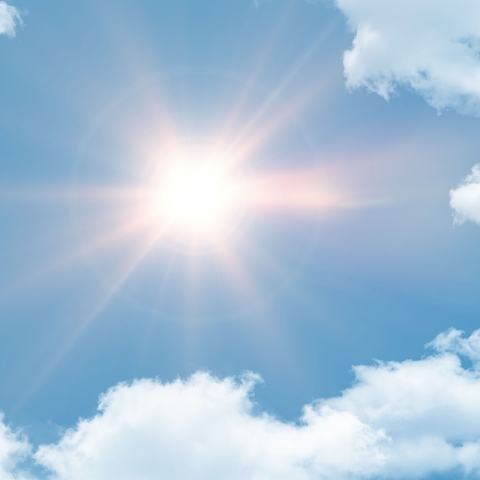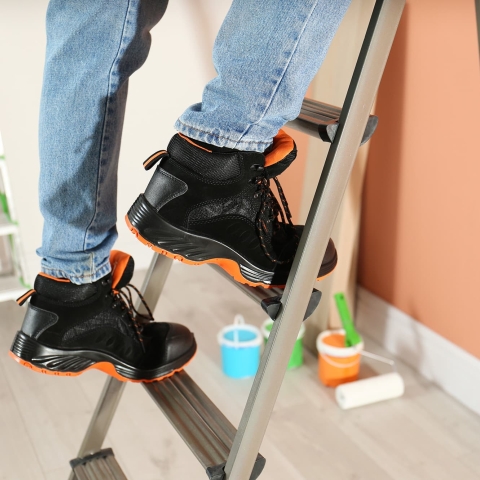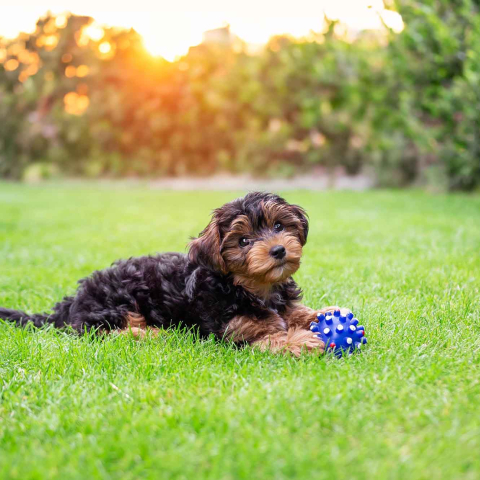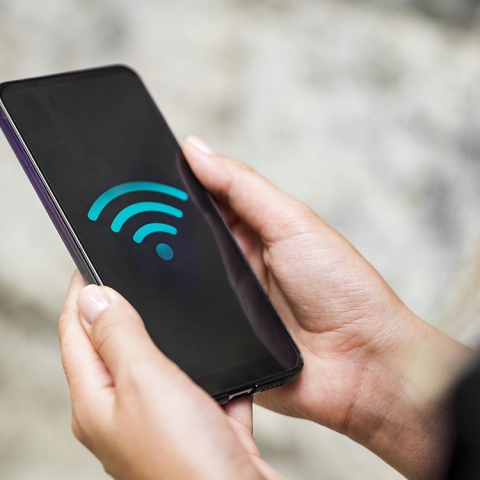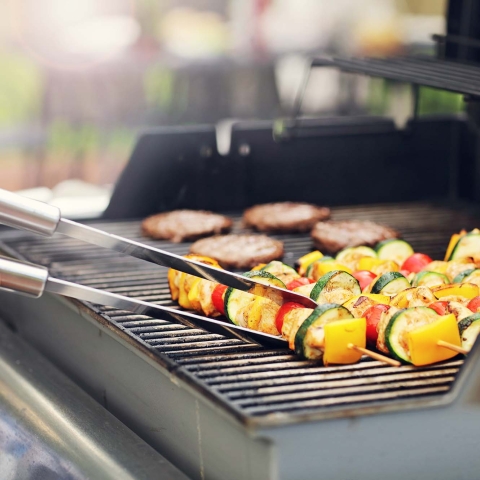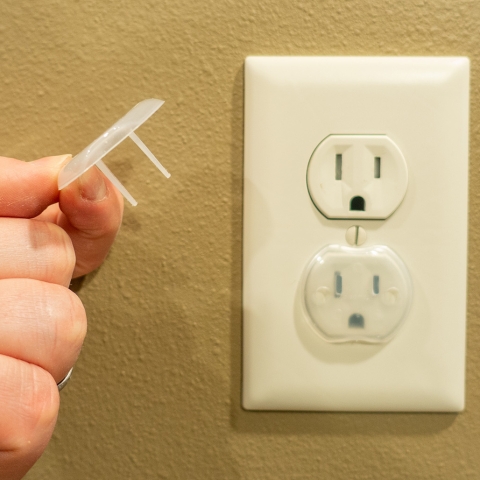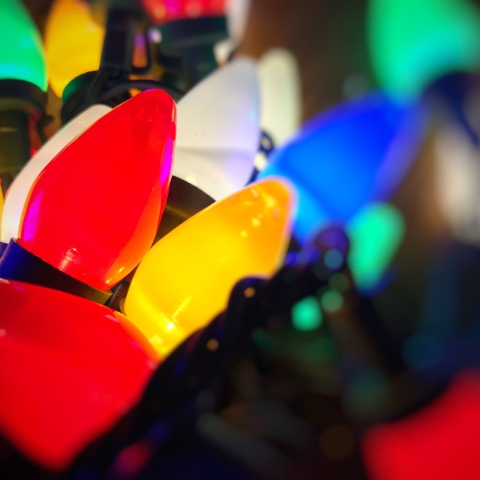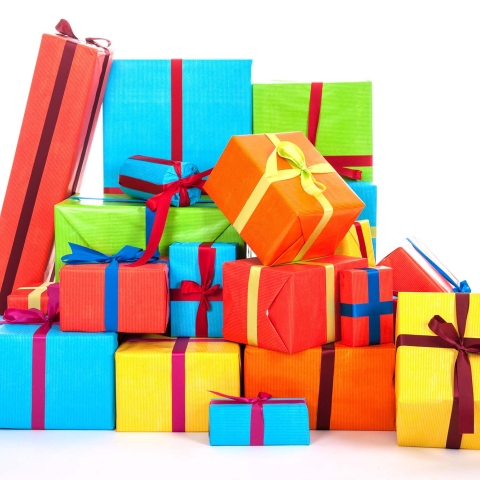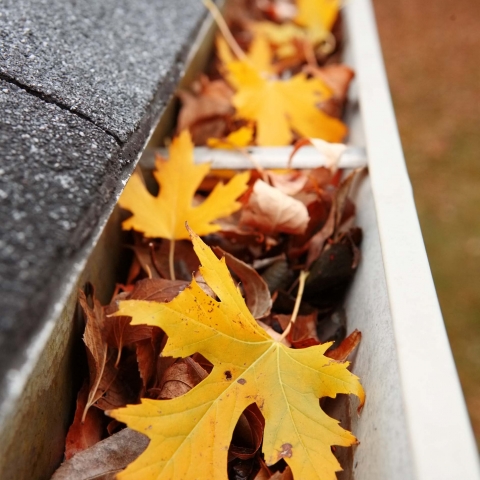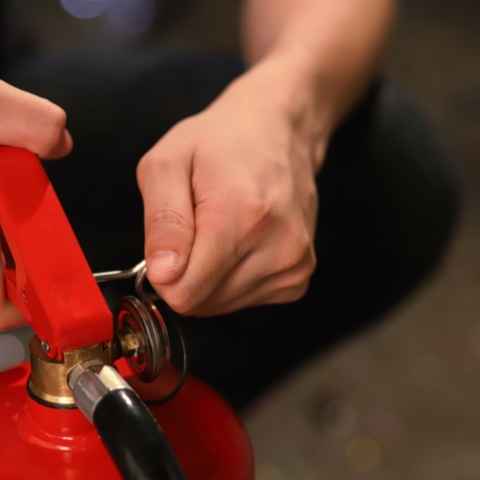Sizzle Safely: Tips for Safe Charcoal and Gas Grilling
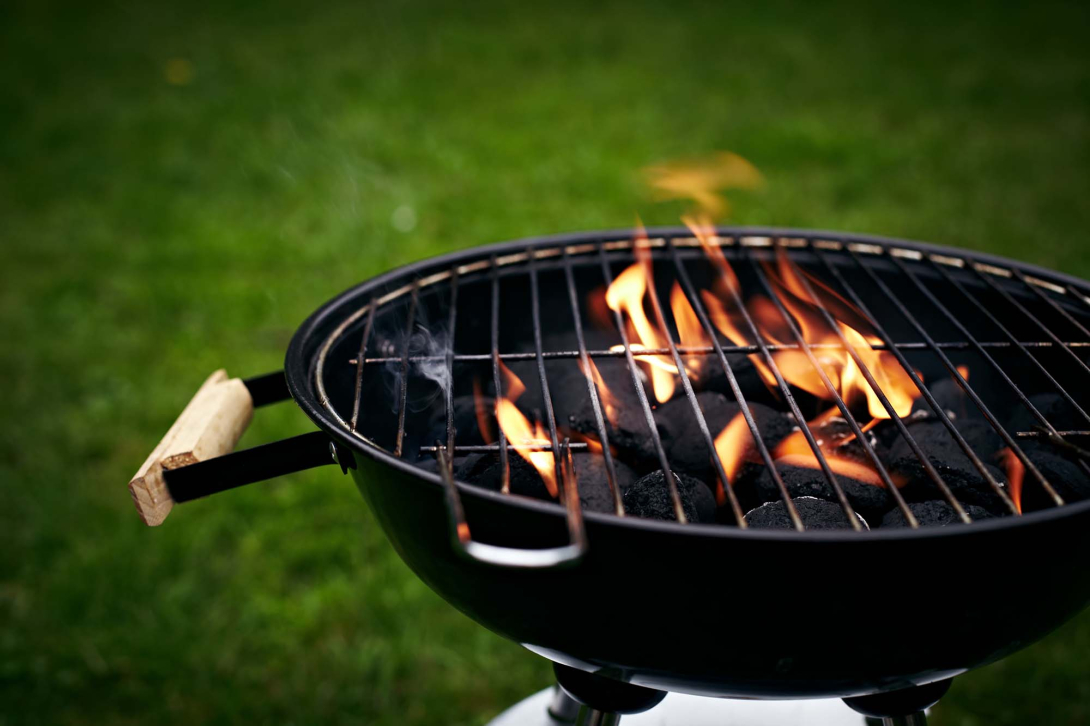
Never Leave Your Grill Unattended
By following these fire safety tips for your charcoal grill or for your gas grill, you can savor the joys of grilling while minimizing the risk of accidents or injuries.
For charcoal grillers:
Here are some important fire safety tips for using your charcoal grill:
1. Choose a Safe Location
Place your charcoal grill on a stable, flat surface, away from anything flammable such as dry grass, branches, or wooden structures. Keep a distance of at least 10 feet from your home or any other buildings.
2. Maintain Grill Cleanliness
Before starting the charcoal, make sure the grill grates are clean and free of grease. This simple step can help prevent flare-ups and reduces the risk of accidental fires.
3. Use Charcoal Responsibly
Follow the manufacturer's instructions on the right amount of charcoal to use for your grill's size and type. Using too much charcoal can lead to excessive heat and potential fire hazards.
4. Light Charcoal Safely
Use only charcoal starter fluid made for grilling. Avoid using gasoline or other flammable liquids as they can cause dangerous flare-ups. Consider options such as chimney starters, electric starters, or charcoal briquettes with built-in lighter fluid for a safer lighting process.
5. Keep a Watchful Eye on the Grill
Stay near the grill while cooking and keep an eye on it at all times. Never leave the grill unattended, especially if children or pets are around. Use long-handled grilling tools for safe handling of food and charcoal.
6. Control Flames and Heat
Adjust the grill's temperature by managing the vents and airflow. If flare-ups happen, move the food to a cooler part of the grill until the flames die down. Have a bottle of water or a fire extinguisher nearby for emergencies.
7. Safely Put Out the Charcoal
Once you've finished cooking, let the charcoal cool entirely before disposing of it. Close the grill vents to put out the fire and prevent hot coals from reigniting. Use a metal ash bucket to collect and dispose of the ashes once they are cooled down.
For gas grillers:
Here are some important fire safety tips for using your gas grill:
1. Choose a Safe Spot
Pick a flat, sturdy surface outside and make sure to keep the grill away from anything flammable such as dry plants, hanging branches, or wooden structures. Good ventilation is essential for safe grilling.
2. Check for Leaks
Before you start grilling, check the gas hose and connections for any damage or leaks. You can easily do a quick soapy water test to spot leaks - just look for bubbles. If you find a leak, turn off the gas right away and get professional help.
3. Keep Your Grill Clean
Regularly clean the grill grates, burners, and drip pans to prevent grease buildup which can cause flare-ups and potential fire risks. Follow the manufacturer's cleaning and maintenance instructions.
4. Watch While Cooking
Don't leave the grill unattended while it's on. Stay close and keep an eye on the grill, especially if there are kids or pets around. Use long-handled grilling tools for safe food handling.
5. Handle Flames and Heat
Adjust the grill's temperature by controlling the gas flow and burner settings. If there are flare-ups, move the food to a cooler spot on the grill until the flames die down. Have a water bottle or fire extinguisher nearby just in case.
6. Put Out Flames Safely
If a fire starts on the grill, turn off the burners and close the lid to put out the flames. Don't move the grill or anything that's burning. If the fire gets out of control, leave the area and call emergency services right away.
7. Turn Off the Grill Properly
After you're done cooking, turn off the gas supply at the propane tank or natural gas line. Let the grill cool down completely before storing it or covering it up. And remember, never store propane tanks indoors or in enclosed spaces.
The information presented in this document is for informational and educational purposes only. It is intended to assist individuals, farmers, and business owners in identifying common hazards/risks and considering proactive loss prevention or loss mitigation actions. For information related to specific loss hazards or questions regarding specific policy coverage, please contact your insurance agent.

